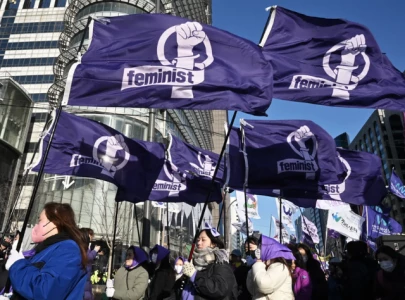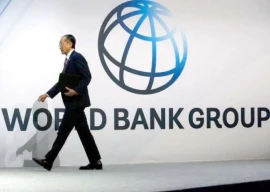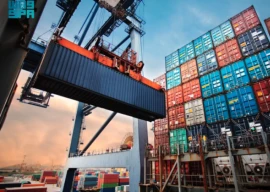
According to some media reports, Iranians are more likely to reach an agreement on wheat import with India, which is Iran’s second-biggest crude buyer and wants to settle part of its yearly oil import bill of more than $10 billion in a barter-style mechanism.
A senior official of the Ministry of Food Security and Research said Iran had also raised quality issue in wheat trade.
“Pakistan’s wheat has 0.3% content of karnal bunt (a fungal disease) whereas 1% is acceptable in the world market,” the official pointed out and said Iran wanted to buy wheat with zero per cent karnal bunt. “Even 1% level is not harmful to human health.”
In February this year, then water and power minister Syed Naveed Qamar and visiting Iranian Deputy Commerce Minister Abbas Ghohadi, in a meeting, agreed that Tehran would import one million tons of wheat as well as 200,000 tons of rice. They also decided that wheat imports would start in two months.
In return, Pakistan will import iron ore for the troubled Pakistan Steel Mills, a state-owned concern suffering from financial losses because of acute shortage of raw material and other problems. Pakistan had also agreed to import fertiliser to meet domestic needs and arrest the rising prices of the commodity.
“We are not interested in purchasing wheat from Pakistan, however, you are a Muslim brotherly country and, therefore, we can think about it,” a government official said, quoting Iranian authorities as saying in negotiations held in Tehran about three months ago.
According to the official of the Ministry of Food Security, Pakistan had offered wheat export at international price of $275 per ton during the talks held in Tehran. Iran was to export fertiliser under barter trade but did not indicate a price, he said.
“We wrote a letter to the Iranian government and even to Pakistan’s ambassador to resolve the quality issue in an attempt to press ahead with the plan but no response was received,” he added.
Pakistan even invited officials of Iran’s quality control department to come and see for themselves the quality of wheat.
The $275 per ton price for wheat import was valid for two weeks. Now prices of wheat are going up and have reached $300 per ton. “We are examining the international market and will ask the government to allow export of surplus wheat,” he said.
The other reason for the delay in barter trade was that Iran sought cash payments for urea supply and did not want to import wheat.
Published in The Express Tribune, July 5th, 2012.
COMMENTS (6)
Comments are moderated and generally will be posted if they are on-topic and not abusive.
For more information, please see our Comments FAQ









1730379446-0/WhatsApp-Image-2024-10-31-at-17-56-13-(1)1730379446-0-270x192.webp)







Our trade with Iran must grow and our relation should grow.
@anwar:
Probably "X%" cut.......
Except Pakistani nation every other nation in the world keeps their own interests on the top. Over here we have concerns about every thng and every muslim living in the whole of world (be it kashmir, palestine, afghanistan, Middle East and a more recent one burma), except our own country / conditions.
What does the govt has to do with a "private " deal?
Lesson for Iran, you need to have friends in the world especially on your borders.
Well that called national intrest in part of Iran, where as we are ready for any thing, good lession if we learn, thank you Iran. Love Pakistan always.